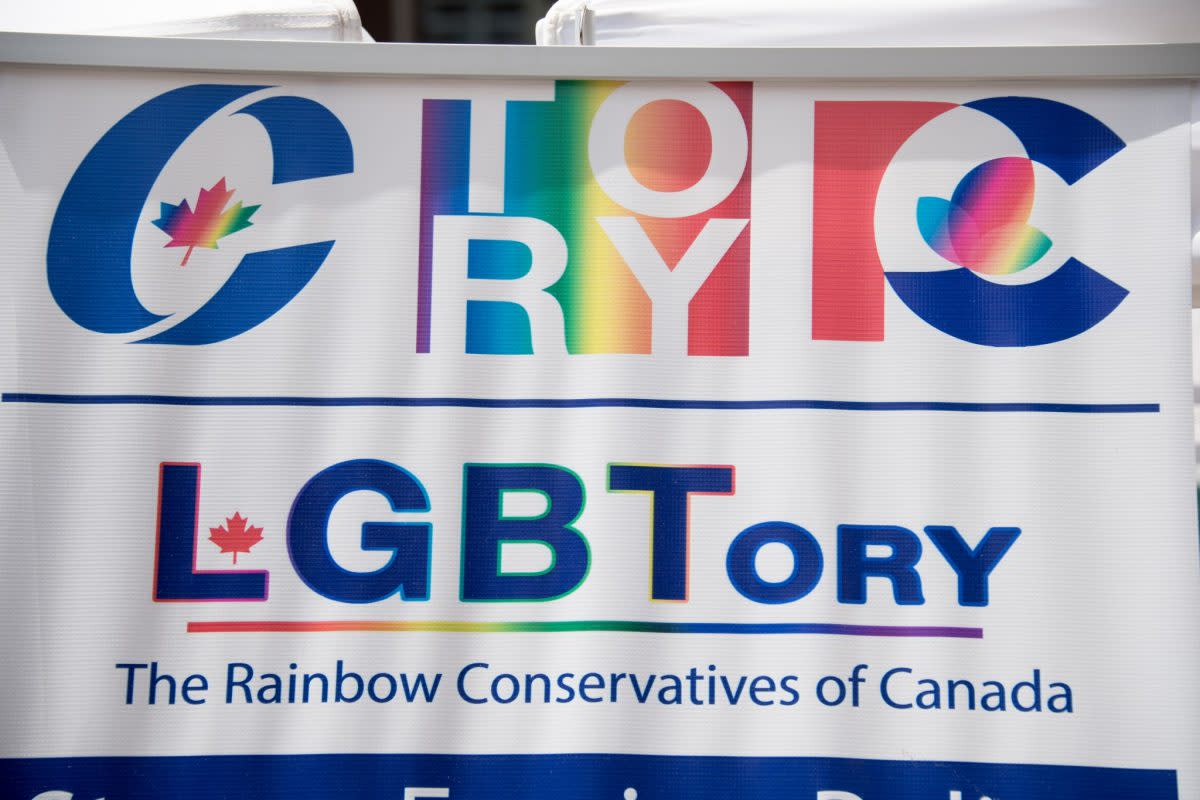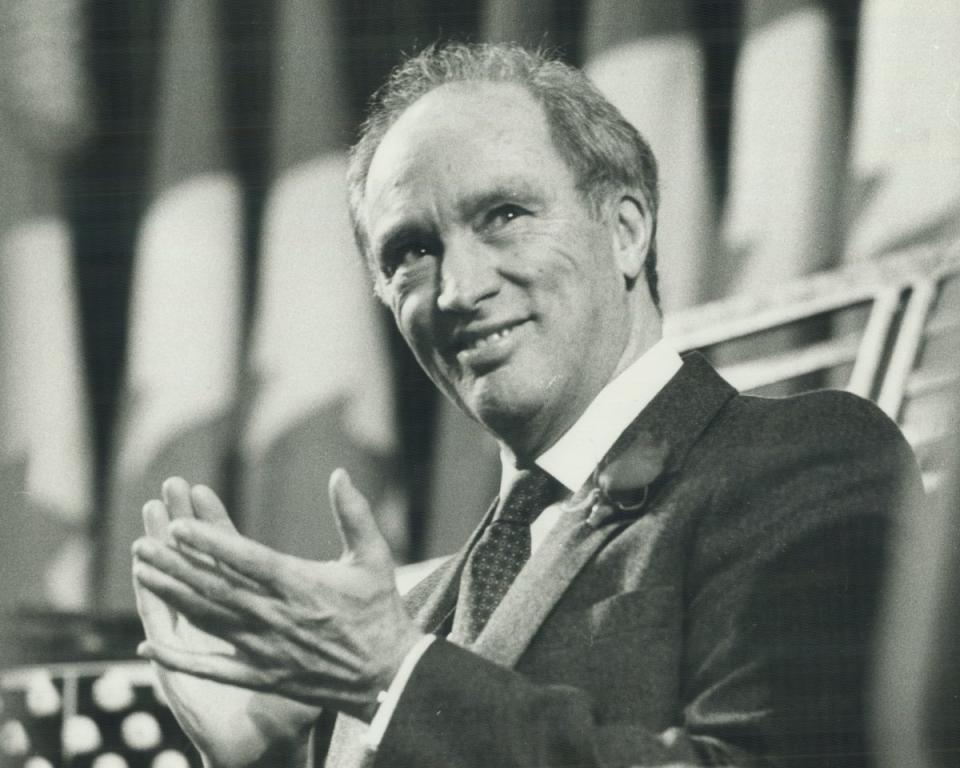Canada's legacy of liberalism may be bulwark to Trump-style right-wing politics sweeping the West, experts say

Republican candidate Donald Trump’s surprising win in Tuesday’s U.S. election seems to fit a growing pattern among so-called Western nations towards right-wing politics, but some experts say it’s actually a different kind of shift — one from which Canada is not entirely immune.
“Trump is not really a conservative politician — hence the repudiation suffered at the hands of the Republican elite a few weeks ago — but an advocate of super liberalism, of the disaffiliation of the American government from social issues,” Pierre Anctil, a University of Ottawa history professor, told Yahoo Canada News.
While Trump ran under the Republican party, generally associated with conservative economic politics and religiously-tinged stances on social issues, he actually departs from that party’s recent history in some notable ways, Anctil says.
“In my opinion Trump means more isolationism from the world scene on the part of the USA, lower taxes for the super wealthy and a greater disengagement of the state from the difficult situation of the lower classes of society, but not necessarily a return to traditional conservative American values,” Anctil said.
“Trump’s personal life is hardly a model of conservatism in the American sense of the word.” – Pierre Anctil, University of Ottawa history professor
The president-elect’s rise from real estate and television to the highest office of the United States appears on the surface to be a continuation of far-right politics that led to the surprising Brexit victory in the United Kingdom earlier this year, growing support for the One Nation party in Australia, and increased vote share for right-wing parties in several European countries.
And by contrast, Canada’s election of a Liberal government one year ago on promises like increasing refugee arrivals from Syria seems like an exception to those changes, a repudiation of political trends in many of this country’s ally nations. But Justin Trudeau’s federal victory in fall 2015 was less a sign of a sea change in Canada than it was a return to form, Nelson Wiseman, director of the Canadian Studies program at the University of Toronto, told Yahoo Canada News.
“The reason people get elected often just has to do with the last incumbent, who just has a lot of baggage, so the country ends up going towards [someone] who can replace that person,” Wiseman said. “Sometimes it’s somebody from the other end of the spectrum.”
Anctil agrees, pointing to the country’s previous role in international incidents like the Suez crisis in the 1956. “This position that Canada’s had is not recent,” he said. “It developed in the post-War years. Canada was already more to the left than most Western countries 50 years ago, 60 years ago.”
Many of Trudeau’s policies, including greater participation by Canada in peacekeeping missions and a bid for a seat on the UN Security Council, are a revival of policies that were popular under previous leaders — including Trudeau’s father, Wiseman said.

And on the whole Trudeau’s Liberal government is not as left-wing as it may appear in contrast to those of other countries, Melanee Thomas, political science professor at the University of Calgary, told Yahoo Canada News.
“The Trudeau government doesn’t get as much credit for message control as the Harper government did,” Thomas said. “On things like Bill C-51 and the Internet… in a lot of ways this government isn’t as different as it might seem.”
All three political experts agree that Canada does have some significant differences compared to the United States — culture, geography, political systems — that mean the rhetoric behind Trump’s victory isn’t necessarily easily replicated north of the border.
“The boundaries for the ideas that are politically acceptable are much more conservative [in America] than they are in Canada,” Thomas said. “They just are able to talk about stuff that is totally offside here.”
That history of a more left-leaning culture — in particular influenced by Quebec, which often stands to the left of the country as a whole — means that Canada is unlikely to see a rise in alt-right politics to mirror the United States, Anctil says.
“When Harper was at the height of his power he did not touch the social system, the welfare system of Canada, which is something that Trump [says he] would do,” Anctil said. “The U.S. is engaged at the moment in very conservative politics that don’t exist in Canada, I don’t think.”
But while acknowledging that Canada has a different racialized history, particularly in relation to Black and Latino citizens, Thomas points out that some of the sexism, racism, and xenophobia associated with Trump’s campaign for president can be seen in this country as well.
“The gross stuff is here too,” Thomas said. “Look at the sexism that Hillary Clinton experiences, and look at the sexism that [Kathleen] Wynne and [Christy] Clark get.”
She pointed to Tuesday’s resignation of two female candidates for Alberta’s Conservative leader because of harassment they experienced and ongoing racism directed at Indigenous Canadians as signs that Canada’s ways may not be as sunny as they appear on the surface.
And on Wednesday morning Conservative Party leadership candidate Kellie Leitch sent a fundraising email to supporters saying that Trump’s message of throwing out “the elites” must come to Canada too.
“The question is whether or not this stuff is politically activated or not,” Thomas said. “But latently I think it’s all here.”



